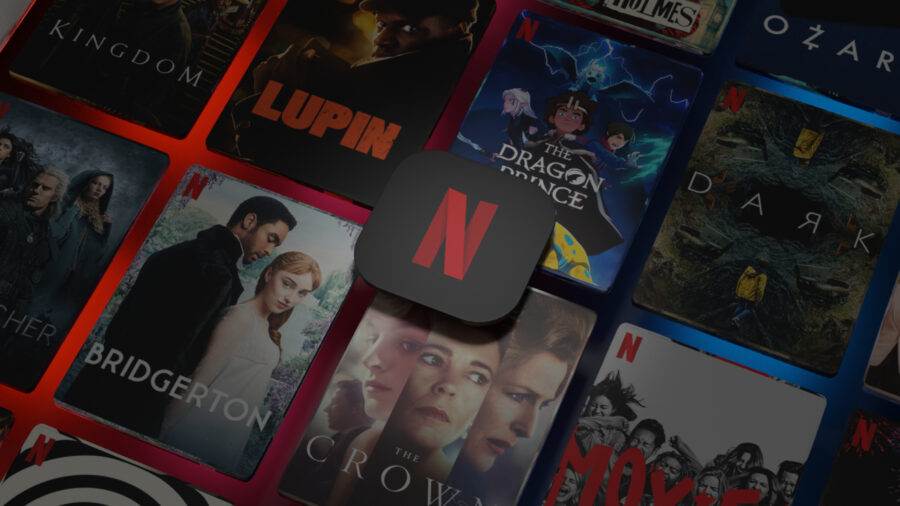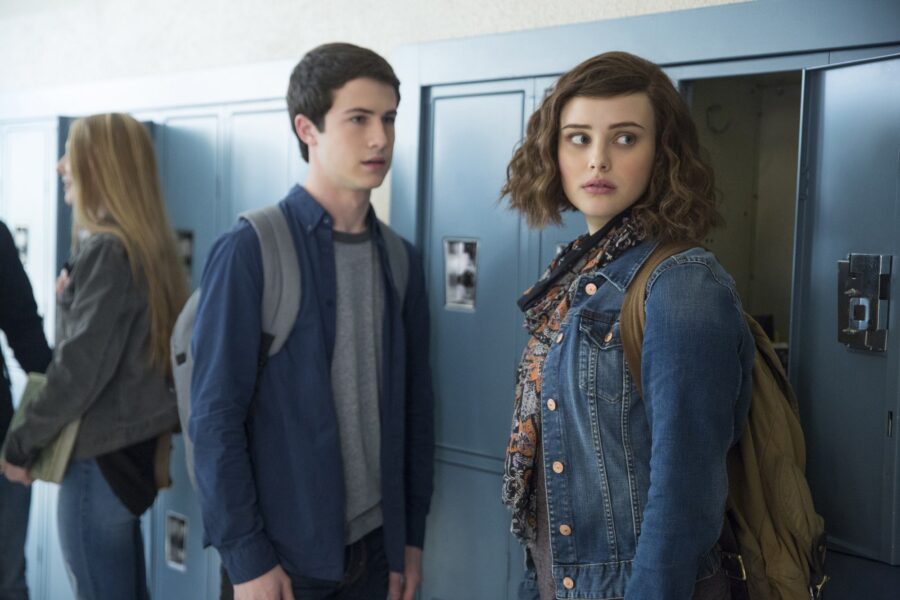Netflix Facing A Major Lawsuit Over One Of Its Biggest Shows
One of Netflix's biggest shows has the streaming service's lawyers working overtime.
This article is more than 2 years old

Netflix’s hit teen drama 13 Reasons Why may have helped the streaming service attract and keep subscribers, but it’s also got the streamer facing the kind of lawsuit that fans of ’80s heavy metal will likely find familiar.
Earlier this year, per Top Class Actions, John Herndon filled a class action lawsuit against Netflix, alleging the streaming service is responsible for the death of his daughter Bella by suicide. The suit alleges Herndon’s daughters was one of many teens triggered into suicide after watching 13 Reasons Why, claiming that the teen suicide rate in the United States went up 28.9 percent in April 2017; 13 Reasons Why began streaming on Netflix March 31, 2017. While the lawsuit is new, the allegations are not. As early as June 2017, ABC News was reporting on the death of Bella and another girl — Priscilla Chiu — who allegedly also committed suicide after watching the teen drama.
Per The Hollywood Reporter, to defend itself, Netflix is invoking the decades old case of McCollum vs. CBS. In 1984, 19-year-old John McCollum — who was suffering from alcohol abuse and mental health issues — reportedly shot and killed himself while listening to Suicide Solution — a song off the 1980 Ozzy Osbourne album Blizzard of Ozz. McCollum’s family sued Osbourne along with the record labels Jet and CBS Records, blaming them for the young man’s death. In December 1986, as reported by the LA Times, the lawsuit was dismissed. Los Angeles Superior Court Judge John L. Cole said the lawsuit read “more like a novel than a legal pleading” and that it would have a “chilling effect” on the First Amendment if Osbourne’s words were held accountable for McCollum’s death.

Netflix is clearly hoping this time around the court sees things the same way Judge Cole did. The streaming service’s lawyers invoked classics like Romeo and Juliet and Madame Bovary along with more contemporary stories like Dear Evan Hansen and Dead Poets Society as examples of creative works that would likewise be at risk if the Netflix were found responsible legally responsible for the death of Bella Herndon. “The First Amendment,” their argument reads, “does not permit such a result.”
The complaint against Netflix, however, says the First Amendment is not at issue. Where this case dramatically differs from McCollum vs. CBS is the algorithm Netflix employs to recommend different TV shows and movies to different viewers. In other words, Herndon’s lawyers say they are not taking Netflix to court simply because they made 13 Reasons Why available, but because the streaming service used its “trove of individualized data about its users” in order “to specifically target vulnerable children and manipulate them into watching content that was deeply harmful to them.” One might say that what Herndon’s lawyers are contending is that the only way their case could be considered comparable to McCollum vs. CBS is if Ozzy Osbourne and his record labels were accused of somehow using data to find similarly vulnerable targets for Osbourne’s music.

Netflix’s lawyers, in turn, argue that the First Amendment still is very much in play, contending that the service’s algorithm constitute’s speech as it is legally defined.
It will likely be some time before we see how Netflix’s latest legal battle turns out.













